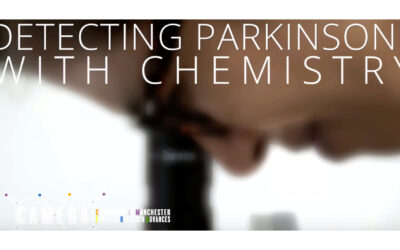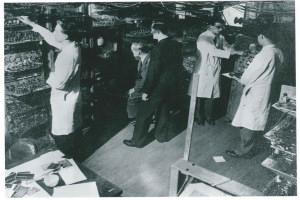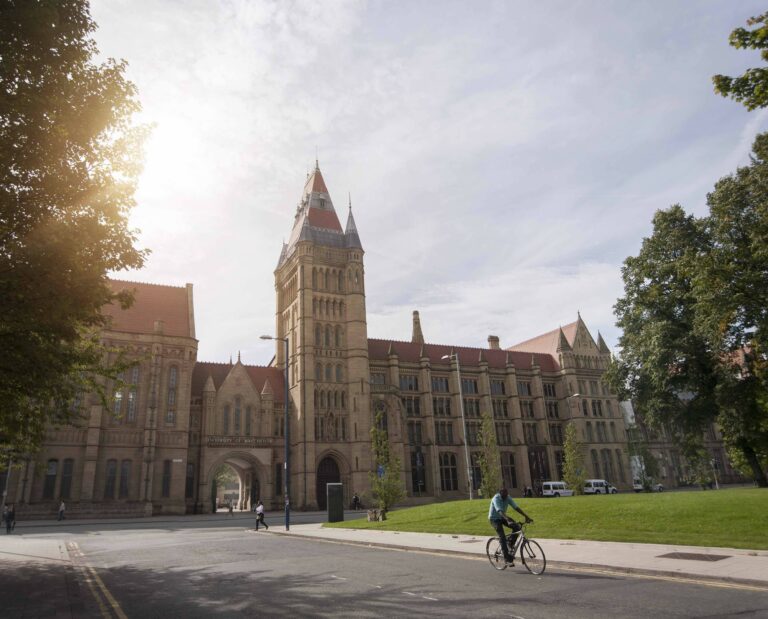Scientists from the University of Manchester have discovered blood biomarkers which could one day be used to test for Alzheimer’s disease, years before its symptoms appear.
The study, funded by the Medical Research Council, used nanotechnology developed and patented by the Nanomedicine Lab in Manchester, to extract blood signals of brain degeneration in a mouse model of Alzheimer’s disease.
Currently the disease can be diagnosed by brain scans and is only possible after someone has begun to show behavioural symptoms such as memory impairment.
The new technology could allow for the onset of Alzheimer’s disease to be magnified and analysed.
The technique uses tiny nano-sized spheres, called liposomes, as a tool to ‘fish out’ disease specific proteins from blood.
When injected in mice with Alzheimer’s Disease, nanoparticles spontaneously picked up hundreds of neurodegeneration-associated proteins onto their surfaces.
The nanoparticles were then retrieved intact from blood circulation and the molecular signatures on their surface were analysed.
Dr Marilena Hadjidemetriou, the lead researcher of the study and Lecturer in Nano-omics said: “Hidden information in blood is likely to echo the complex cascade of events occurring in the brain of Alzheimer’s disease patients.
Professor Nigel Hooper, Associate Vice-President for Research and Director of Dementia Research at The University of Manchester added: “The technology developed opens up new possibilities for the development of novel multi-analyte blood tests to predict the onset and development of a wide range of neurodegenerative disorders.”












